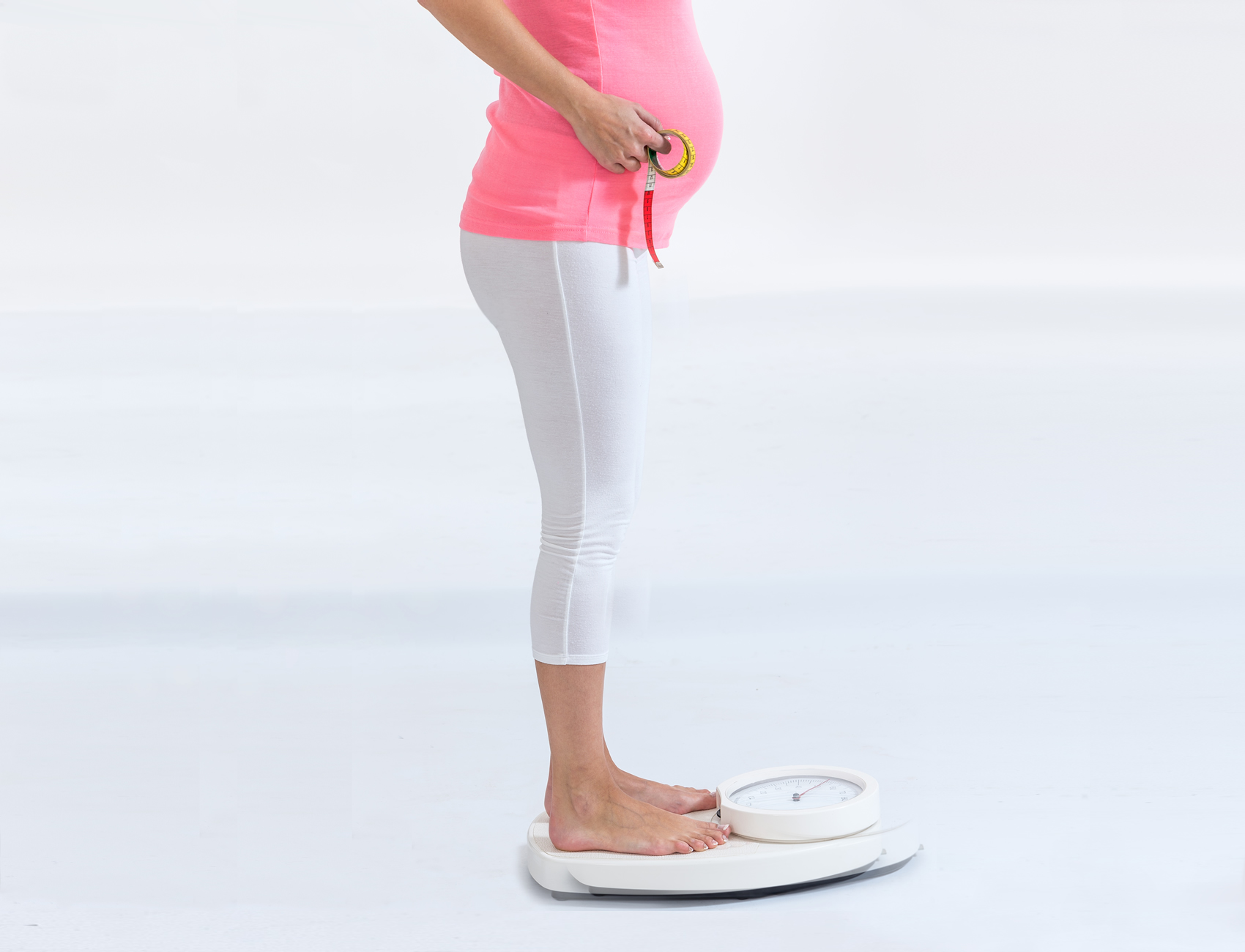
How Much Should I Weigh During My Pregnancy?
26 Jul 2017
Miscarriage – Vitamin B3 Latest Research!
30 Aug 2017
One should not take a ‘one-size-fits-all’ approach when it comes to folic acid supplementation for fertility.
Folic Acid in Pregnancy
The importance of taking folic acid (for its role in the prevention of neural tube defects, as well as a healthy pregnancy) has finally reached our ears, and most people are well aware of the significance of this.
But scientists have now discovered that taking a folic acid supplement is not the ‘one-size-fits-all’ approach they originally thought it was.
Most women who see me for fertility and pregnancy advice are unaware that there are different forms of folic acid, some of which are more metabolically active than others.
Before I get technical, I want you to know the main reason women going into pregnancy need folic acid in the first place.
The contraceptive pill (and a few other medications) interfere with the absorption of folic acid in the body.
So, after a few months or years of taking the pill, many women have become depleted of this nutrient, as well as many other important vitamins, minerals and enzymes needed for optimal health for themselves and their growing baby.
That’s one of the many reasons most natural fertility practitioners will suggest women (and men) give their body a few months preconception time to get their nutrient levels up to scratch in preparation for a healthy pregnancy.
Now for the Folic Acid theory…
Folic acid is a synthetic chemical compound manufactured in a laboratory.
In order for folic acid to be absorbed and available to your body (metabolically active), it needs to go through a few steps that require the help of specific enzymes.
Some women are deficient in some of these enzymes.
Others may have digestive issues and are not able to efficiently absorb the enzymes.
Alternatively certain women may have a genetic variant that prevents the production of these enzymes.
All these issues may result in the inability of their body to metabolise (break down) this folic acid efficiently, so it will not be readily available for their needs.
Natural folic acid is a complex of related substances which are called Folates – Vitamin B9.
Folates are found mainly in green leafy veggies, organ meats, brewers yeast, eggs, beans, sprouts, oranges, bananas and strawberries.
These folates bypass many of those steps needed by synthetic folic acid, so they are regarded as more metabolically active, and they have also been shown to be actively transported into the brain.
Unfortunately the natural folates found in food are very sensitive to heat, air and light.
So, even though it’s always advisable to get your nutrients from whole foods rather than supplements, if you are preparing to get pregnant it is advisable to take a folate supplement to make sure your body acquires the right amount for the health of your baby.
There are a few different forms of folate complexes that have been made into supplements, the main ones being Folinic acid and 5-MTHF.
These are metabolically active and are usually prescribed for women who have issues with folic acid conversion – i.e. these women have a specific MTHFR variant.
It’s important to know that in order for folate to have a protective effect against neural tube defect, it should be started before conception and definitely during the first month of pregnancy as neural tube closure occurs by day 28 of pregnancy.
This is why I put so much emphasis on preconception care and I always thoroughly assess each and every one of my patients to make sure I give them the right supplement that’s perfect for their specific individual needs.
With all this in mind, I hope I have helped you understand that there shouldn’t be a ‘one-size-fits-all’ approach to folic acid supplementation.
Joanne Lipinski – Fertility Naturopath Melbourne
